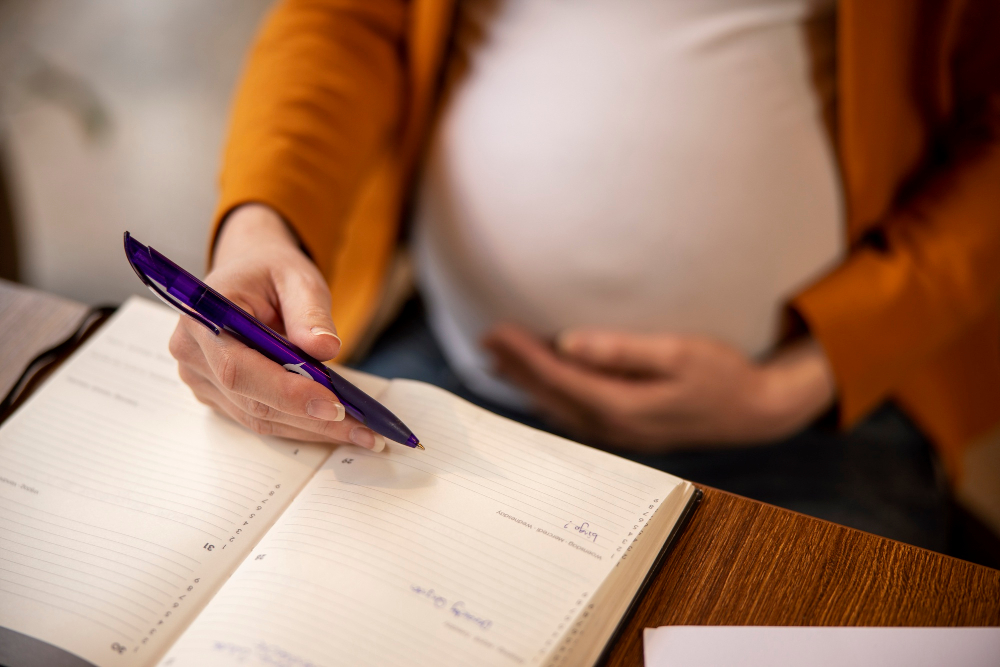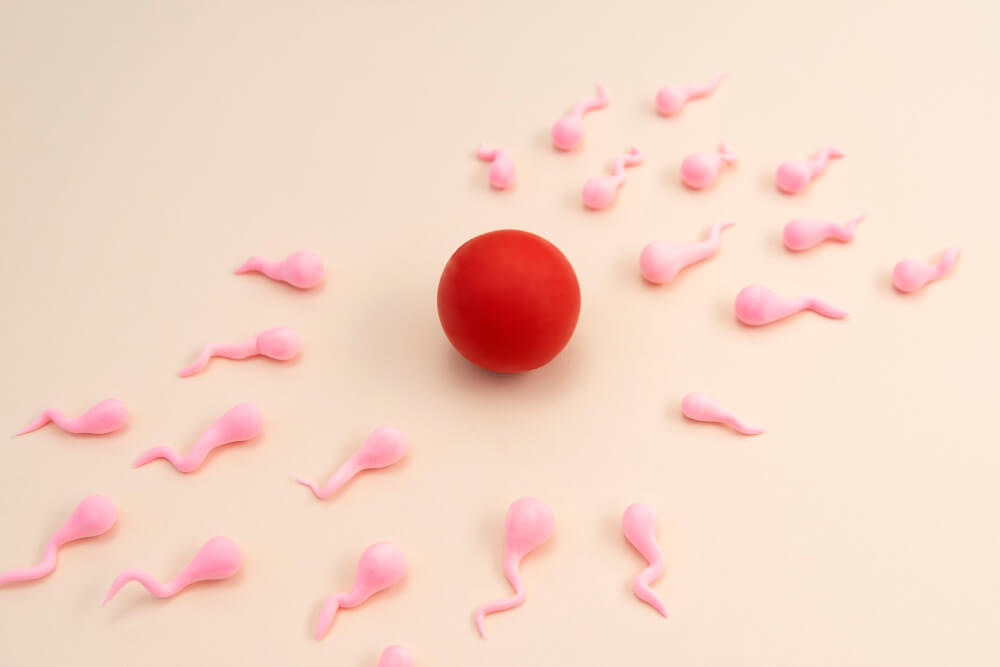Baby development at 37 weeks

Baby development at 37 weeks
Pregnancy symptoms during week 37
Practice contractions
Braxton Hicks contractions – the intermittent uterine contractions that you may feel throughout pregnancy – may be happening more frequently now. As you approach delivery, Braxton Hicks may last longer and become more uncomfortable (although if they're truly painful, that's a sign they might be the real deal). Braxton Hicks often strike when you're dehydrated, when you've been active, or when you have a full bladder.
There's a silver lining to more frequent Braxton Hicks, or "practice contractions." Unlike contractions that happened earlier in pregnancy, Braxton Hicks in late pregnancy may help your cervix dilate and efface. This could make the main event progress more quickly.
It can sometimes be difficult to tell the difference between Braxton Hicks and true contractions. Usually, Braxton Hicks aren't painful, and they come at irregular intervals. They go away if you change positions or rest. True labor is more intense. Contractions usually start in your back and move toward the front of the belly, as opposed to Braxton Hicks, which start in the front. True contractions come at regular intervals, even if you move around or rest. They become more intense and closer together with time.
Once you're having true contractions, you may wonder when it's time to go to the hospital or birth center. If your pregnancy is uncomplicated, your doctor or midwife will probably have you wait to come in until you've been having contractions that last for about a minute each, occur every five minutes for about an hour, and are very uncomfortable.
Breasts leaking
Long before your baby is in your arms, your body is preparing for their first meal. That means you may notice leaking breasts during the last few weeks of your pregnancy. This can happen any time, but it's more common when your nipples are stimulated, say if you're exercising or having sex.
The liquid that comes from your breasts is colostrum – the first milk produced for your baby. It's thicker and more opaque than mature breast milk. It can also be sticky. And it's so packed with nutrients your baby needs that it's often called "liquid gold."
If your leaky breasts are bothering you or leaving marks, slip nursing pads into your bra to absorb the liquid. And if you aren't leaking, don't worry. That's perfectly normal, too, and it isn't a sign that your breasts won't be ready to do their job!
Vaginal discharge or spotting
You might notice an increase in vaginal discharge by 37 weeks, and it may be clear, pink, or even slightly bloody. You may see your mucus plug, the thick clump of mucus in your cervical canal that prevented bacteria from getting into your uterus during pregnancy. Once you're getting close to labor, or in labor, the mucus plug could come out gradually or all at once.
You may also see some "bloody show" (mucus tinged with blood) in the toilet or in your undies. Bloody show usually appears simultaneously or shortly after the mucus plug. It's formed as the cervix softens, thins out, and begins to dilate in preparation for labor, causing some blood vessels in the cervix to rupture.
If you have heavier spotting or bleeding or foul-smelling discharge, call your doctor or midwife right away. Also, if the discharge feels like a constant leaking or flow, call your provider. This could be a sign that your water has broken.
Feeling movement
Keep monitoring your baby's kicks, and let your provider know immediately if you notice a decrease. Though your baby's quarters are getting cozy, they should still be as active as before. Since they're getting stronger, their movements might become more noticeable, or even painful.
Most of the time, you'll feel movement throughout the day. But if your abdomen suddenly seems too quiet and peaceful, pay close attention and count your baby's movements. If you don't notice 10 distinct movements in two hours, call your provider. Decreased movement can be a sign of distress, and it's always better to err on the side of caution.
Gas and bloating
Now that you're 37 weeks pregnant, your baby is crowding your stomach, intestines, and other organs. That can lead to a host of symptoms including gas, bloating, constipation, and indigestion.
To keep gas and bloating at bay, eat smaller meals and don't drink too much in one sitting. After eating, go for a gentle walk to get your digestion moving. If you notice certain foods (like beans or broccoli) trigger your gas, avoid those for now.
Though gas is a normal part of pregnancy, call your provider if your intestinal discomfort ever feels more like abdominal pain or cramping, if you have blood in your stool, or if you have severe diarrhea or constipation.
Lower back pain
More than 60% of pregnant women have lower back pain. Especially at this point in pregnancy, it can be very painful – but there are many possible ways to get relief. First, think about your posture. Try not to slouch or arch your back. That's easier said than done when you're carrying a nearly full-term baby – but still, try to stand as straight as possible.
Although it may seem counterintuitive, exercise can help with lower back pain. Swimming is a particularly great workout during the last few weeks. The water takes pressure off your bones and joints, including that aching back. Pelvic tilts can also help a sore back.
Another relaxing remedy? A prenatal massage to loosen sore muscles. Treating yourself to an afternoon of self-care before your baby arrives is time well spent.
If none of these remedies help, talk to your provider. They may suggest other options, like physical therapy or medication.
Pregnancy checklist at 37 weeks
Plan your birth announcement
Figure out who you'll tell right after your baby arrives (or when you go into labor) and how you'll spread the word. You might post updates on your social media accounts, or call, text, or email the big news. Old-fashioned mailed announcements are beautiful, too.
Have your car seat checked
Experienced parents will tell you that car seat installation can be trickier than you think. It's not something you'll want to leave to the last minute, so make sure your car seat is installed by 37 weeks. You'll appreciate having one less thing to think about when it's go time.
If you're feeling unsure about your installation, go to an inspection station where certified technicians can check that your car seat is installed safely. Search online for a technician near you or reach out to your local fire or police department. They often have staff who are trained technicians.
Do some nesting
If you're suddenly feeling an urge to dust all the baseboards, organize your books, or scrub the fridge, you may be nesting. This is common: A poll of BabyCenter moms found that 73% nested during pregnancy, usually a few weeks before labor began.
Nesting looks different for different expecting moms. If you love to cook, you might find yourself preparing freezer meals or grab-and-go snacks for the postpartum weeks. Or, you may have a sudden desire to make sure the nursery is just right, with clothes washed, folded, and tucked away (laundry will never be this adorable again!).
While nesting is perfectly healthy, don't overdo it. Stay off ladders, take plenty of breaks, and drink lots of water during your busy days.
Get ready for your newborn's hearing screening
Your baby's hearing will be tested in the hospital before you go home, but not to worry – your little one will likely pass with no trouble at all.
If for some reason your baby doesn't pass, it's important to have their hearing checked out right away. Get in touch with your pediatrician, who can refer you to an ENT (ear, nose, and throat) or other auditory specialist for your newborn.
Wondering why a brand new baby needs a hearing test? Hearing is vital to language development, which starts well before your little one starts babbling. So it's best to identify any potential problems as early as possible so you can get the treatments your baby needs. If you need more help or support, the nonprofit Hearing First has plenty of resources and information.
Related Articles

Baby development at 18 weeks

Baby development at 40 weeks

How Hormonal Imbalances Can Affect Your Period

First Trimester Screening Tests: What You Need to Know

Baby development at 21 weeks

A Comprehensive Journey to Conception: The Complete Guide to Getting Pregnant

Baby development at 2 weeks

Tracking your energy across the cycle